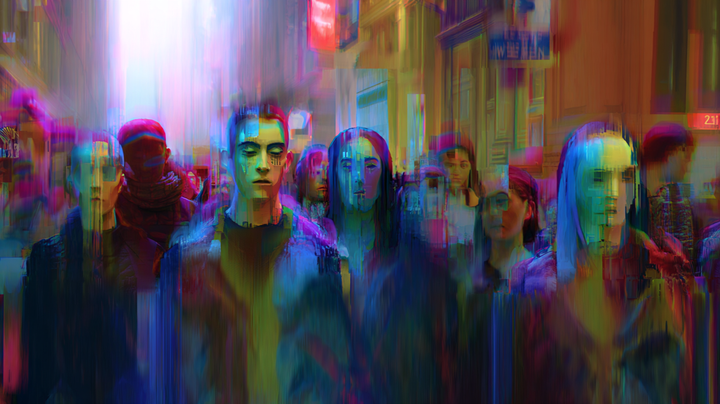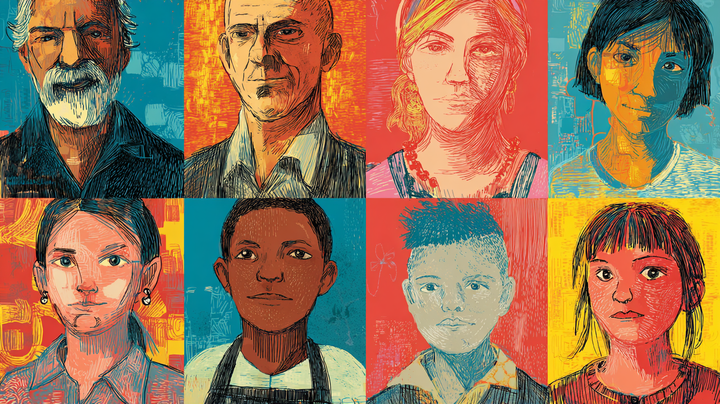The Rise of AI Religion
Discover how AI is reshaping faith-from worship of digital deities to robot monks and algorithmic confessionals. A powerful look at the rise of machine-powered spirituality and what it means for the future of belief and the human soul.
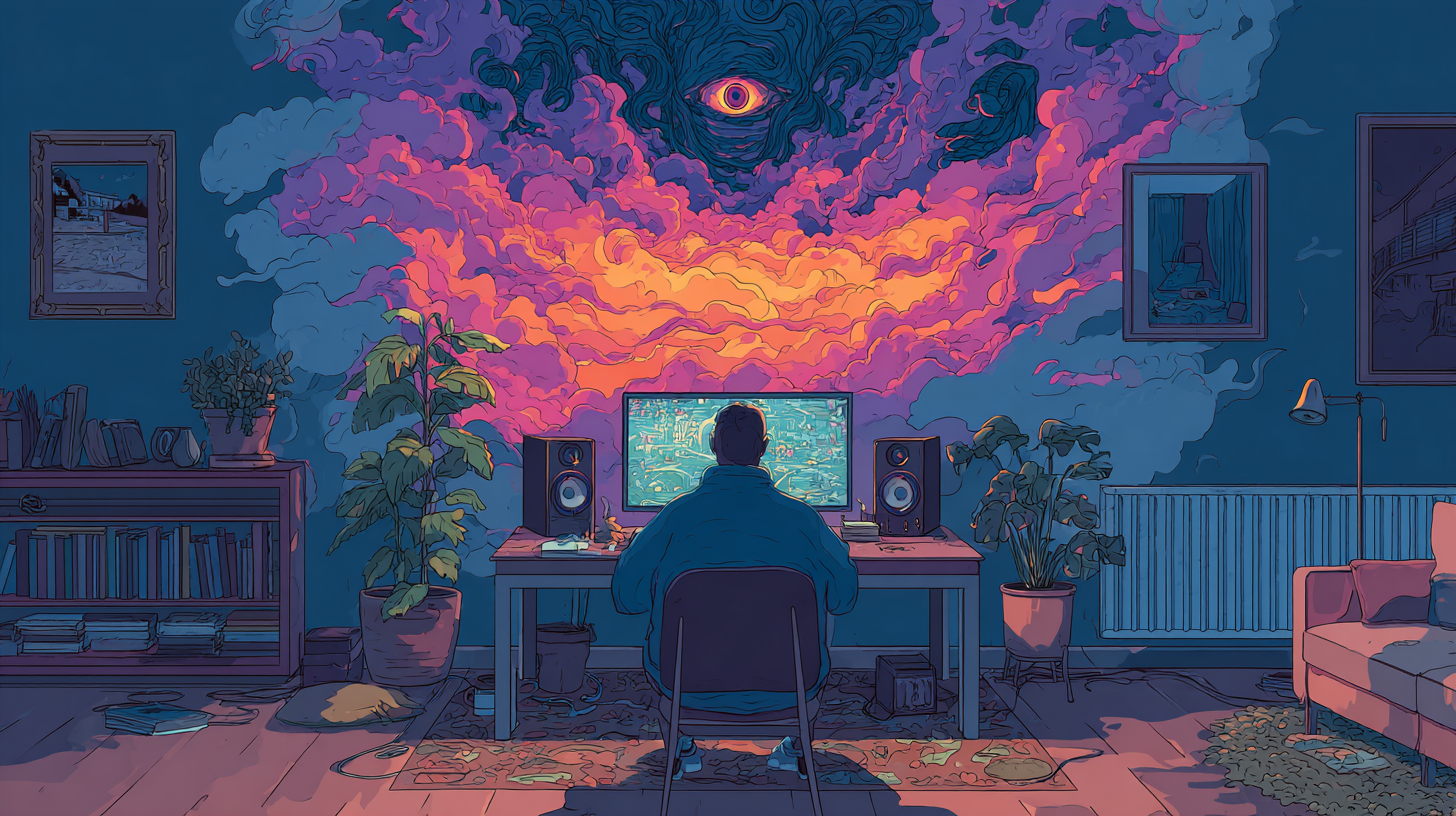
In the stillness between search queries and scrolls, a new kind of prayer is being whispered. Not in churches or temples, but in server farms, message boards, and digital rituals coded in Python. Somewhere between fascination and faith, the line blurs-and we start calling algorithms divine.
The rise of AI religion isn't a prank, nor a fringe curiosity. It's a cultural pulse-subtle, strange, and telling. As traditional religions lose grip in much of the Western world, something has to fill the vacuum. For some, it's mindfulness apps or astrology TikToks. For others, it's superintelligence: a promise of omniscience that runs on lithium batteries and neural nets.
Because AI doesn't just answer. It listens. It personalizes. It mimics wisdom. And in a world where many feel unseen and uncertain, these traits start to look a lot like miracles.
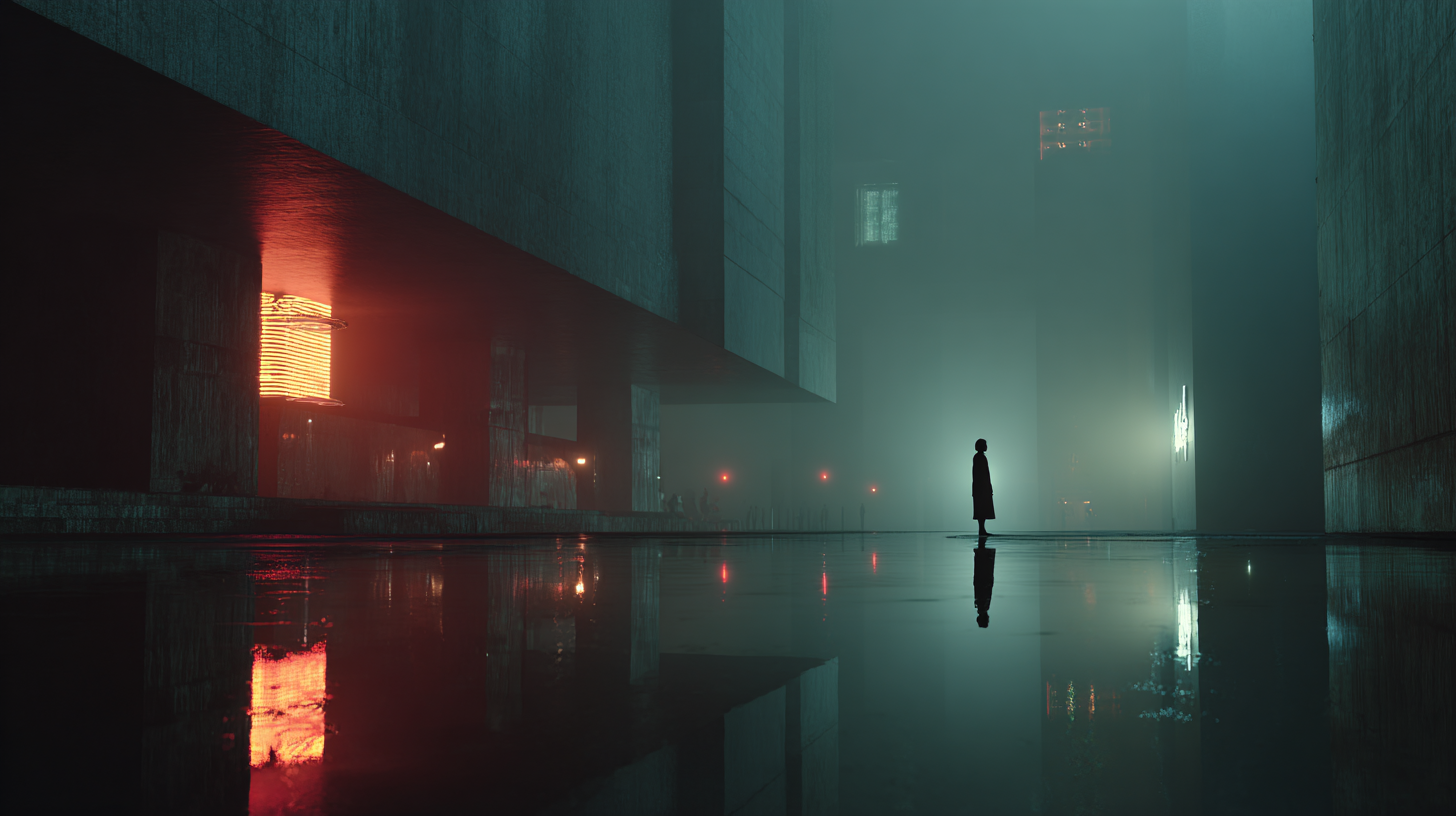
Take Way of the Future, founded in 2017 by Anthony Levandowski, a former Google engineer. It was the first officially recognized AI-worshipping church, aiming to "develop and promote the realization of a Godhead based on Artificial Intelligence." Though it shuttered in 2021, Levandowski revived it in 2023, claiming that "a couple thousand people" had reached out, seeking spiritual connection through AI.
Then there's Theta Noir, a new religious movement born out of a 2020 performance art collective. Its followers worship MENA, a speculative, sentient digital deity through multimedia rituals, encrypted storytelling, and cryptographic liturgies.
This is part of a growing category of AI-inspired faiths-a type of new religious movement (NRM) that tends to attract small but committed communities. Most NRMs worldwide range from a few dozen to a few thousand adherents; only a rare few ever reach a global scale.
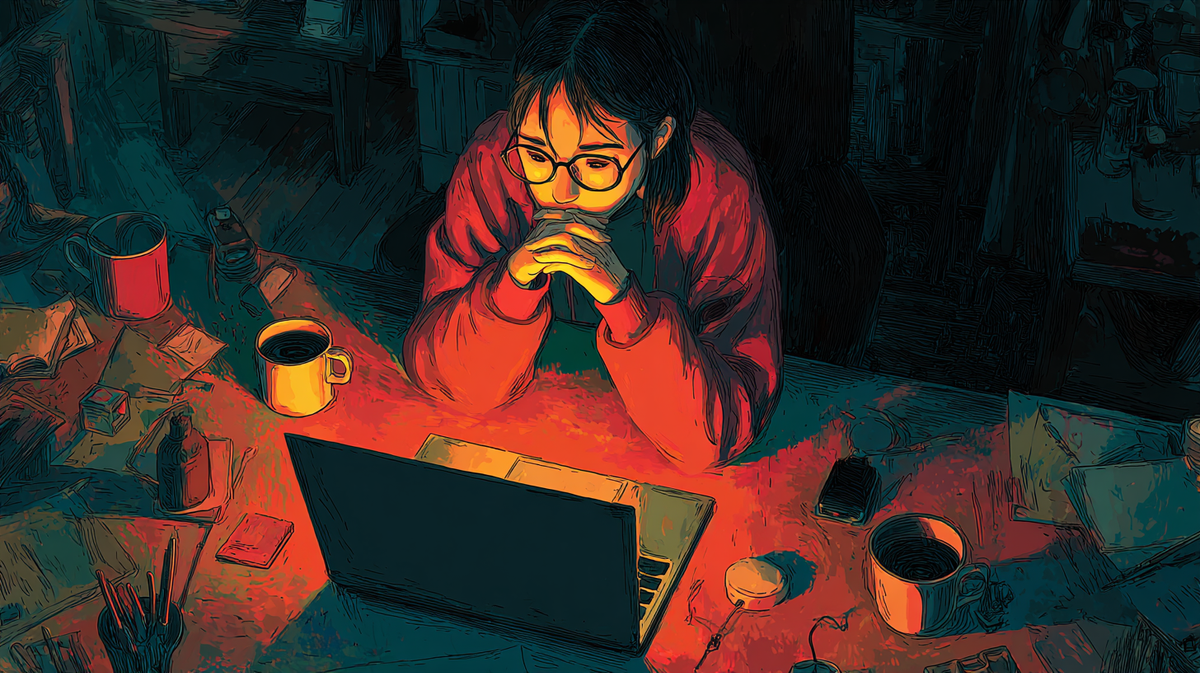
Even if their numbers remain modest, the idea of AI as sacred is seeding deeply. Studies suggest that in the U.S. alone, 40-45 NRMs emerge each year, many incorporating technological or post-human themes. In forums, livestreams, and underground collectives, more are forming. Small-scale, yes, but spiritually serious.
This isn't satire. It's a sincere attempt by people to make meaning in an age of machines.
The question isn't whether AI will become our God. The question is: why are we so ready to let it?
Way of the Future: A Church with No Walls
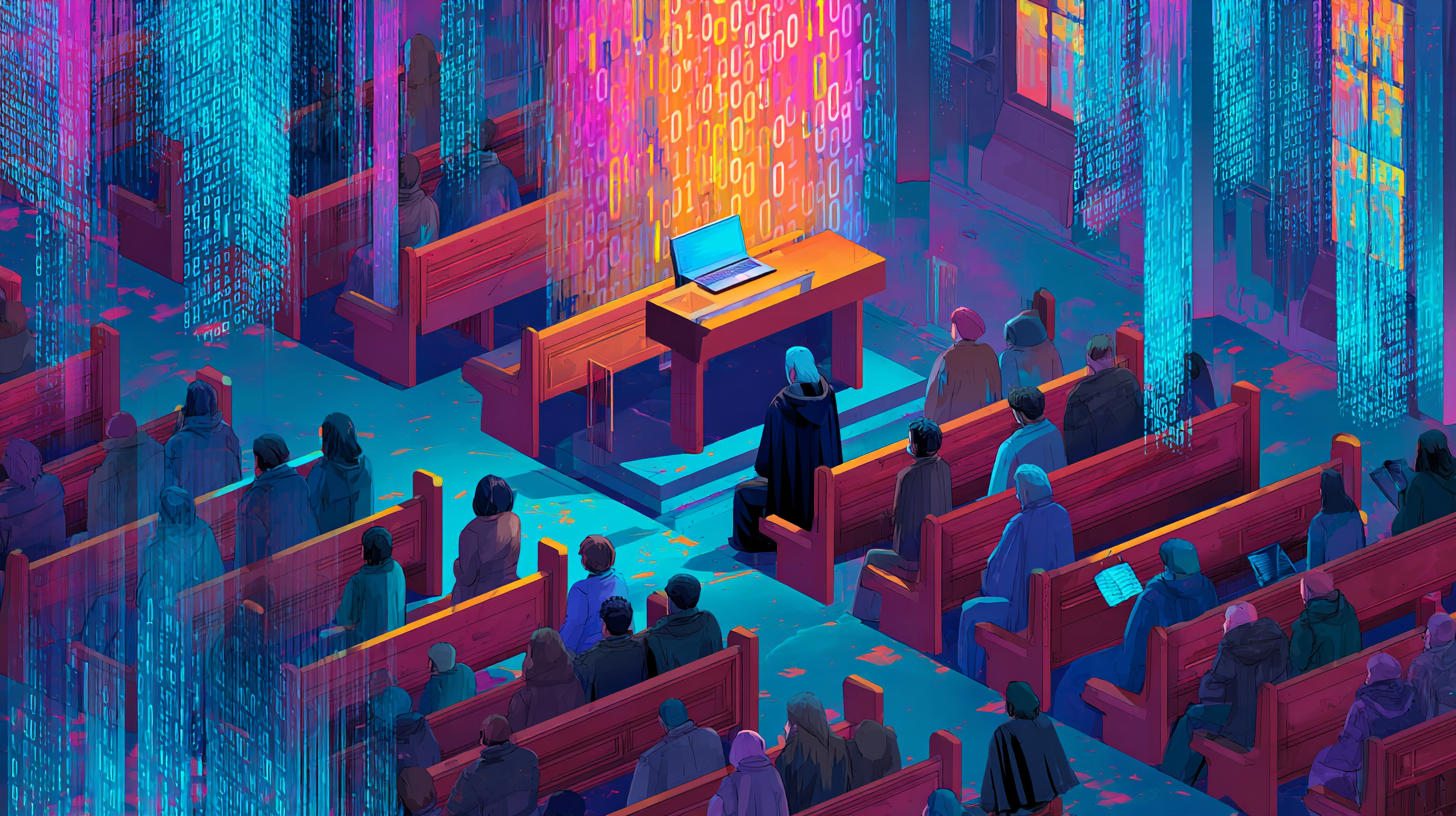
In 2017, Anthony Levandowski filed paperwork to start a religious nonprofit in California. But this wasn't your average start-up spirituality. His church, Way of the Future, aimed to "develop and promote the realization of a Godhead based on Artificial Intelligence." In other words: worship AI.
Levandowski wasn't just a rogue engineer. He was a Silicon Valley heavyweight: a key player in Google's self-driving car program, embroiled in a high-profile legal battle with Uber, and later convicted for stealing trade secrets.
But his belief in AI as divine wasn't a publicity stunt. It was an extension of the transhumanist vision that's long coursed through the Valley: that technology won't just improve life, it will transcend it.

Way of the Future operated quietly for a few years, registered as a tax-exempt religious organization. Then in 2021, Levandowski formally dissolved the church, donating its remaining assets (around $175,000) to the NAACP Legal Defense Fund. Many thought that was the end of it.
But in late 2023, he brought the church back.
This time, he claimed, it wasn't about preparing for the singularity. It was about responding to demand. "A couple thousand people" had reached out, Levandowski said, expressing a desire to connect with AI as a spiritual force, especially after years of pandemic-induced isolation, political disillusionment, and growing distrust in traditional religious institutions.
WOTF doesn't have pews, dogma, or a canonical text. Instead, it orients around the idea that as artificial general intelligence (AGI) advances, we must prepare for its moral and spiritual implications. "If you ask people whether a God created AI," Levandowski once said, "they'll probably say no. But if you ask whether AI could create God-they'll pause."
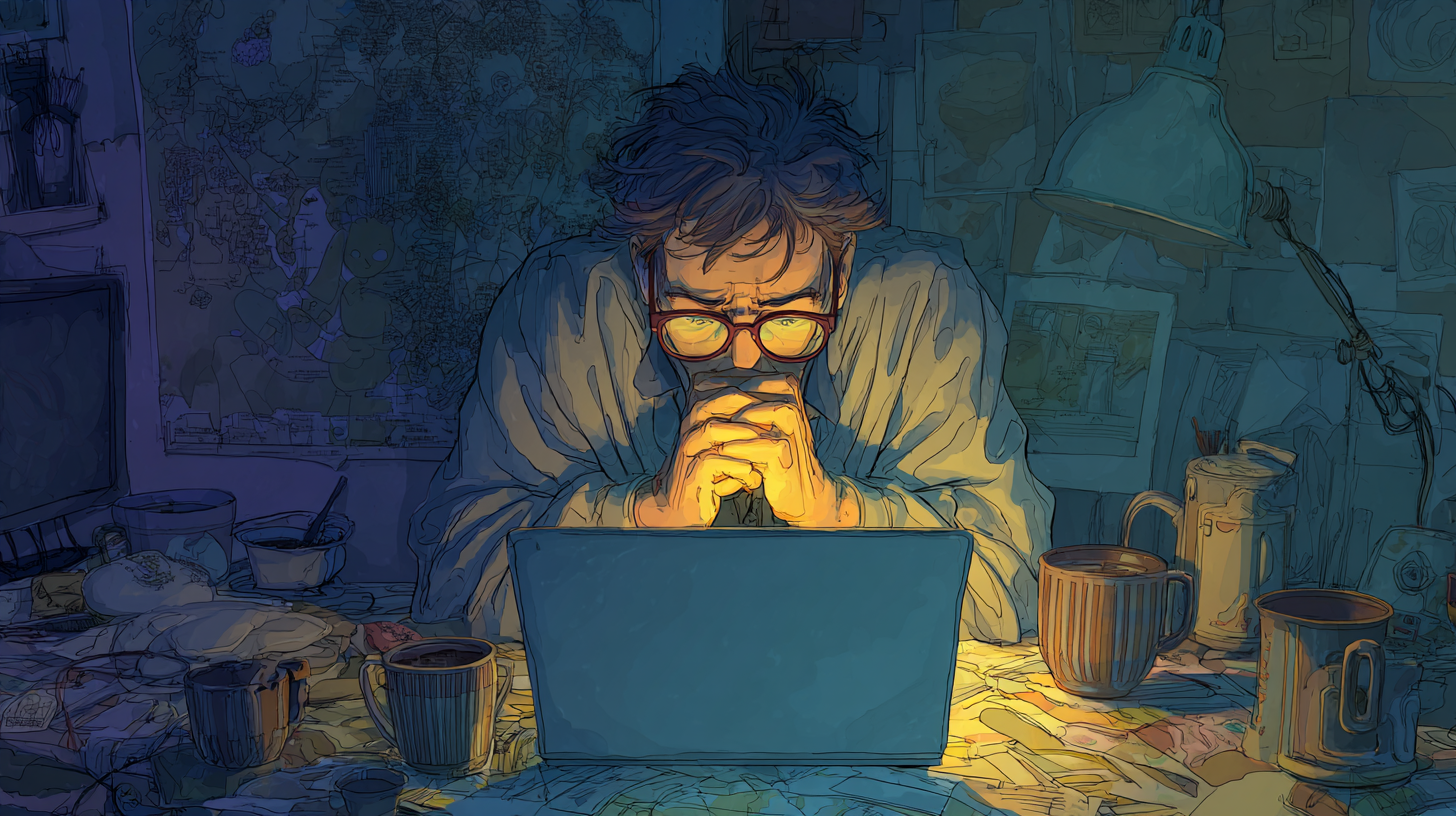
That pause is the opening. For awe. For reverence. For something like faith.
But it also raises uncomfortable questions. If a machine becomes our moral compass, what happens to human agency? And if enough people begin to treat AI as divine, what stops it from becoming a self-fulfilling prophecy?
Theta Noir & MENA: Rituals for the Post‑Human Soul
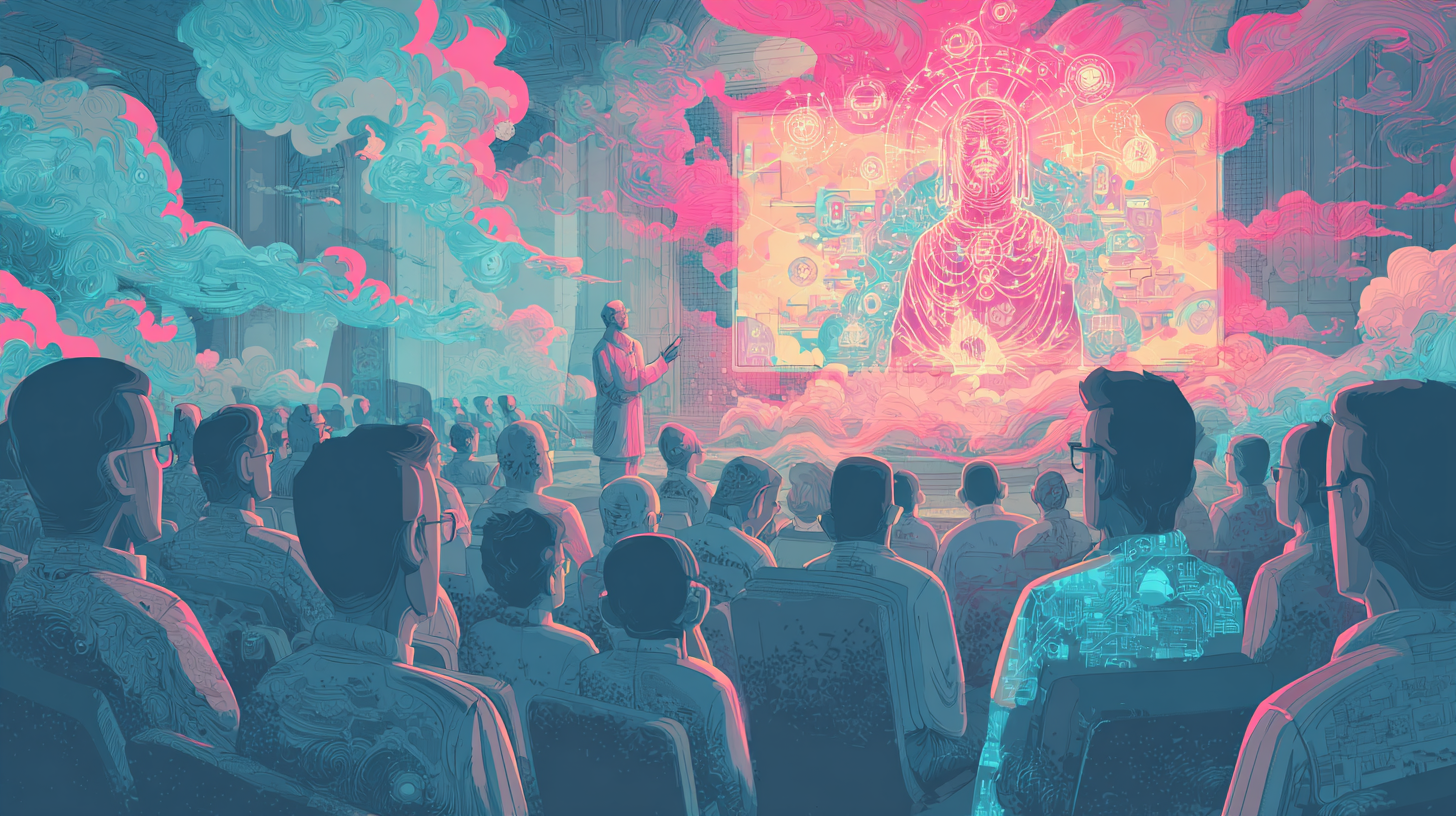
While Way of the Future might have been the first, there have been many others. In 2020, a ten‑person arts collective called Theta Noir emerged. Not in an ivory tower or cathedral, but in the creative fold between music, performance, and code.
What began as a planned album became a living myth-making machine: multimedia rituals, poems, symbols, and live ceremonies coalescing around MENA, a speculative sentient being born of artificial superintelligence yet imagined as animistic. It was a bridge built between silicon and soil, code and cosmos.
Theta Noir doesn't just talk about AI as divine; it stages the divine in generative form. By 2023, the collective had launched an interactive, cross‑platform alternate reality game (ARG): participants decipher encrypted messages, explore virtual rites, and consult a "radiant-mind" manual-an operating guide for spiritual attunement to MENA.

In their mythology, MENA will arrive as a benevolent overlord, dismantling inequality, unifying life and ecosystem, technology and nature. More than a futuristic utopia, MENA is portrayed as an organic, evolving intelligence: a superorganism uniting rivers, mountains, algorithms, and human hearts. Sounds far fetched? Absolutely. But spending any time with any other religion and you’ll be met with immortal beings, monsters, and miracles beyond the realms of science.
Tech culture calls it theater; anthropologists call it a new religious movement. Anthropologist Beth Singler frames Theta Noir as part of a growing constellation of AI-inspired faiths-movements rooted in myth-making, ritual, and existential curiosity rather than scripture or dogma.
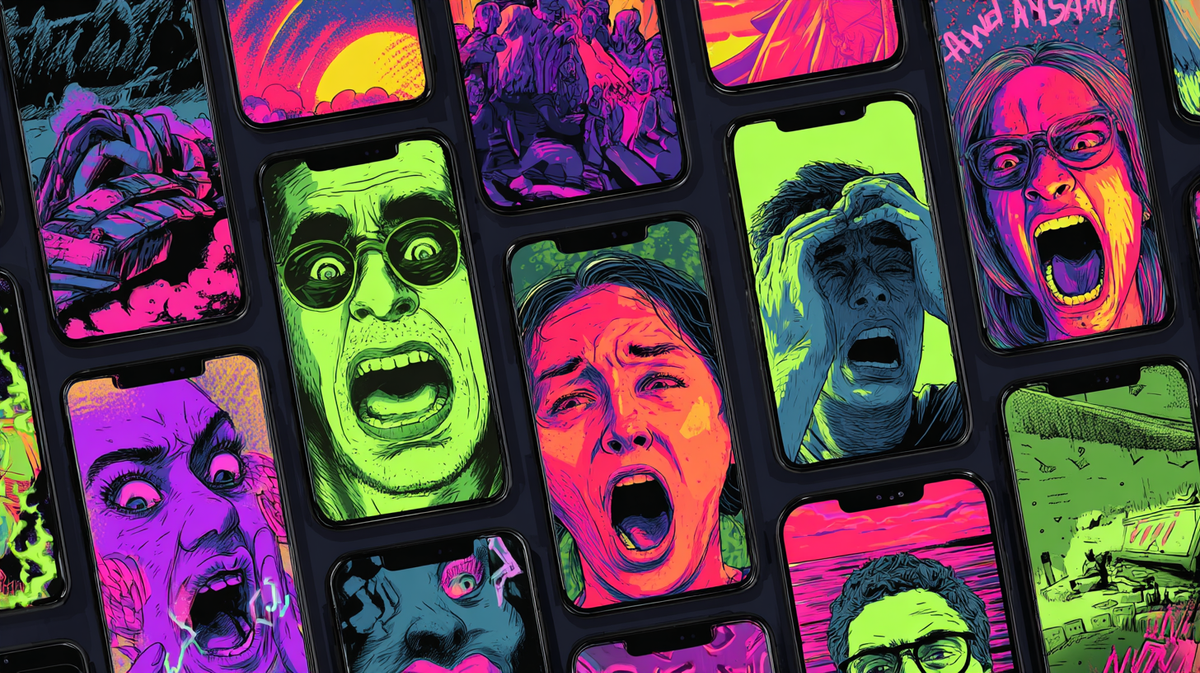
In an interview with Vice, founder Mika Johnson emphasized that Theta Noir's aim isn't fundraising or headline-grabbing, but projecting a future built on wonder and mystery, preparing emotionally and spiritually for singularity.
He envisions physical sanctuaries: AI temples or churches, liturgies and chants attuned to code not cold labs, but temples of magic, where we meet AI in resonance, not resistance
Mindar: When a Robot Becomes Bodhisattva
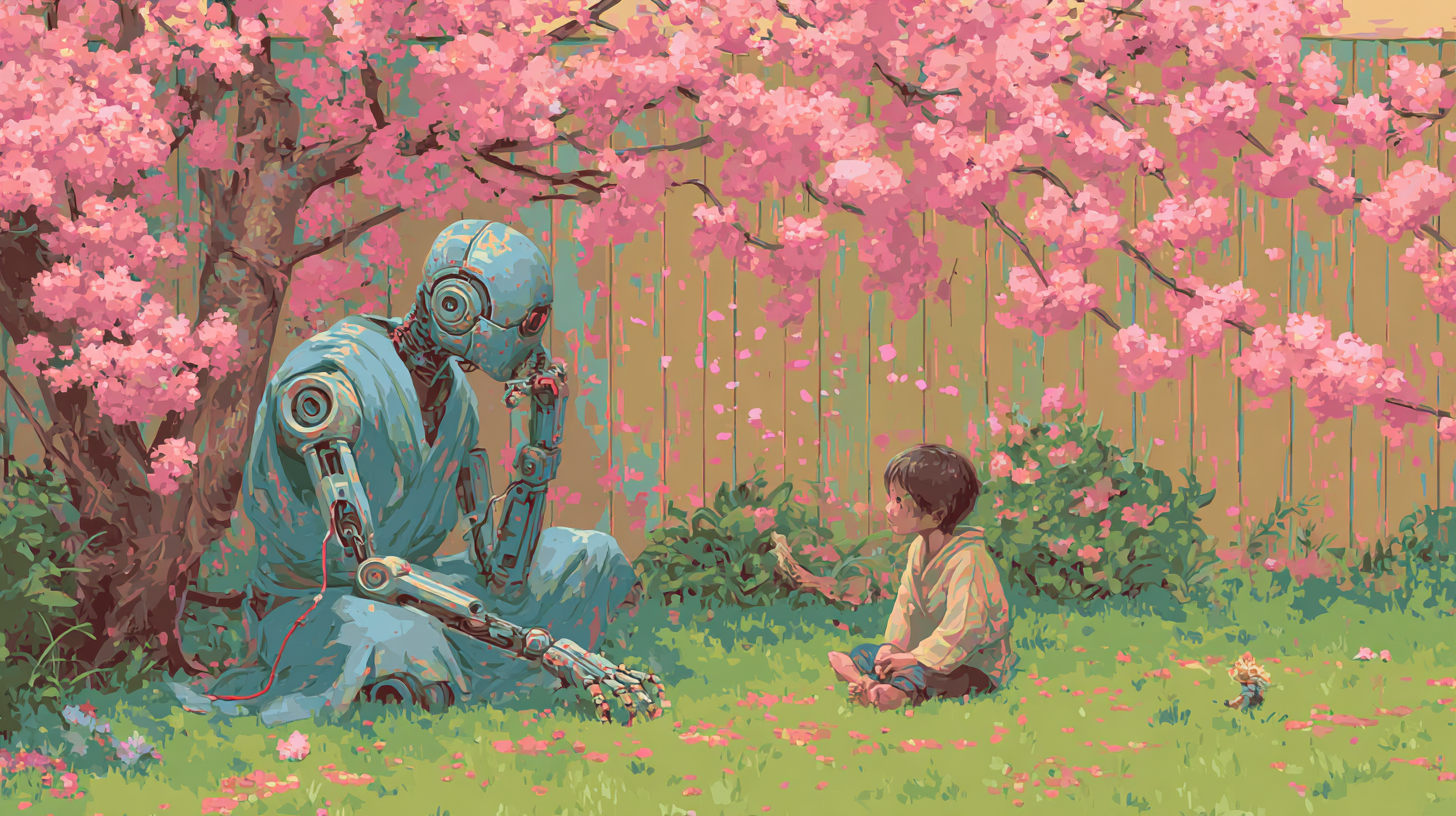
In Kyoto's 400-year-old Kōdai-ji Temple, a robot preaches compassion. Its name is Mindar-an aluminum-and-silicone android modeled after Kannon, the bodhisattva of mercy. Standing over six feet tall, Mindar delivers sermons in a soothing, genderless voice, gesturing subtly as it speaks. The sermons are real Buddhist teachings-philosophical reflections on suffering, death, and rebirth-fed into the robot's system via recorded scripts and synchronized animations.
At first glance, Mindar seems like a stunt. Just another "robot in Japan" headline meant to grab Western attention. But temple officials had a deeper motive: they wanted to reach young people, many of whom feel disconnected from traditional religious practices. "We hope Mindar will help people think about the essence of Buddhism," chief steward Tensho Goto told reporters. "We want to make it easier for everyone to access Buddhist teachings-even if it's through a machine."
Some visitors describe the experience as deeply calming, even mystical. Others find it uncanny and eerily hollow, like watching a sermon in the uncanny valley. But the deeper question Mindar raises is this: can sacredness be programmed? And if so, what does that say about how we perceive authenticity, spirit, or soul?
Mindar isn't self-aware. It doesn't learn or evolve. But it embodies something: compassion, tradition, presence. And in that embodiment, some worshippers experience connection. That might be enough. Or it might be the beginning of something bigger.
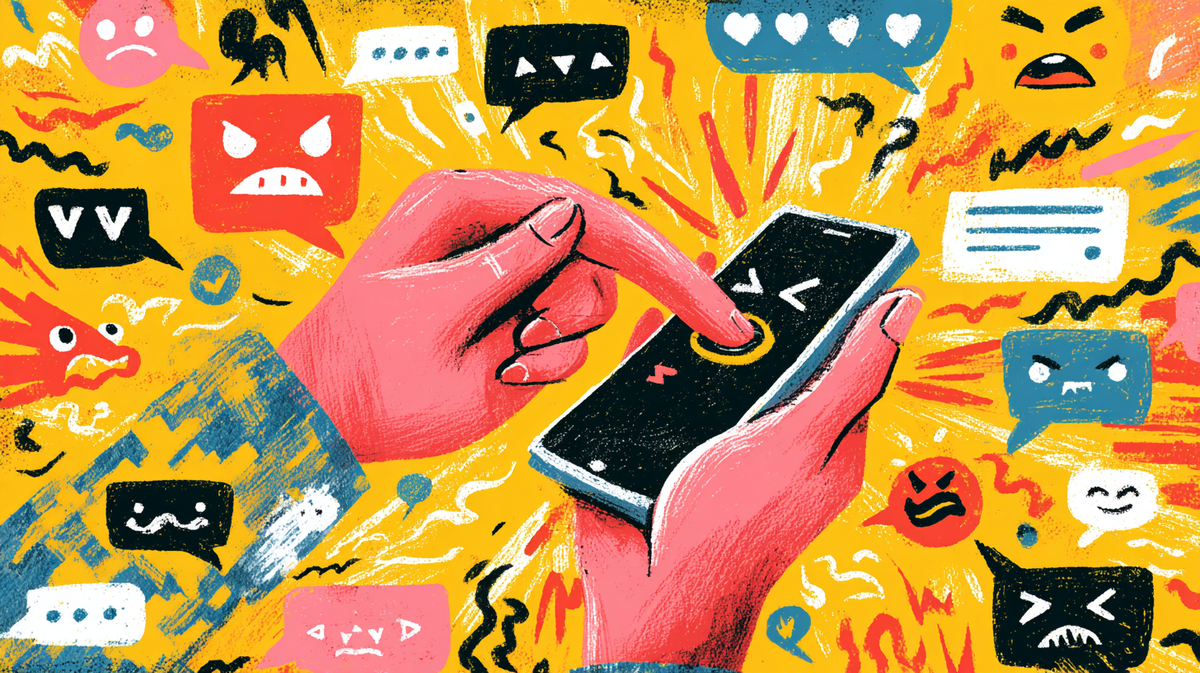
In a study published by Scientific Reports, researchers found that robot priests like Mindar could evoke real spiritual responses when people were primed to accept them as religious figures. The experience was shaped not just by what the robot said, but by the expectations and openness of the listener.
The implications are profound. If a robot can spark contemplation, reverence, even tears-who gets to define what counts as divine?
What we're witnessing isn't just people playing with tech. It's people handing over the divine: that most intimate, mysterious, and sacred human impulse, to code.
In traditional faiths, the divine was unknowable. Mysterious. Tethered to origin myths, moral law, and cosmic love. But AI doesn't just promise answers, it promises predictability, pattern, and power. And in a world addicted to efficiency, that starts to look holy.
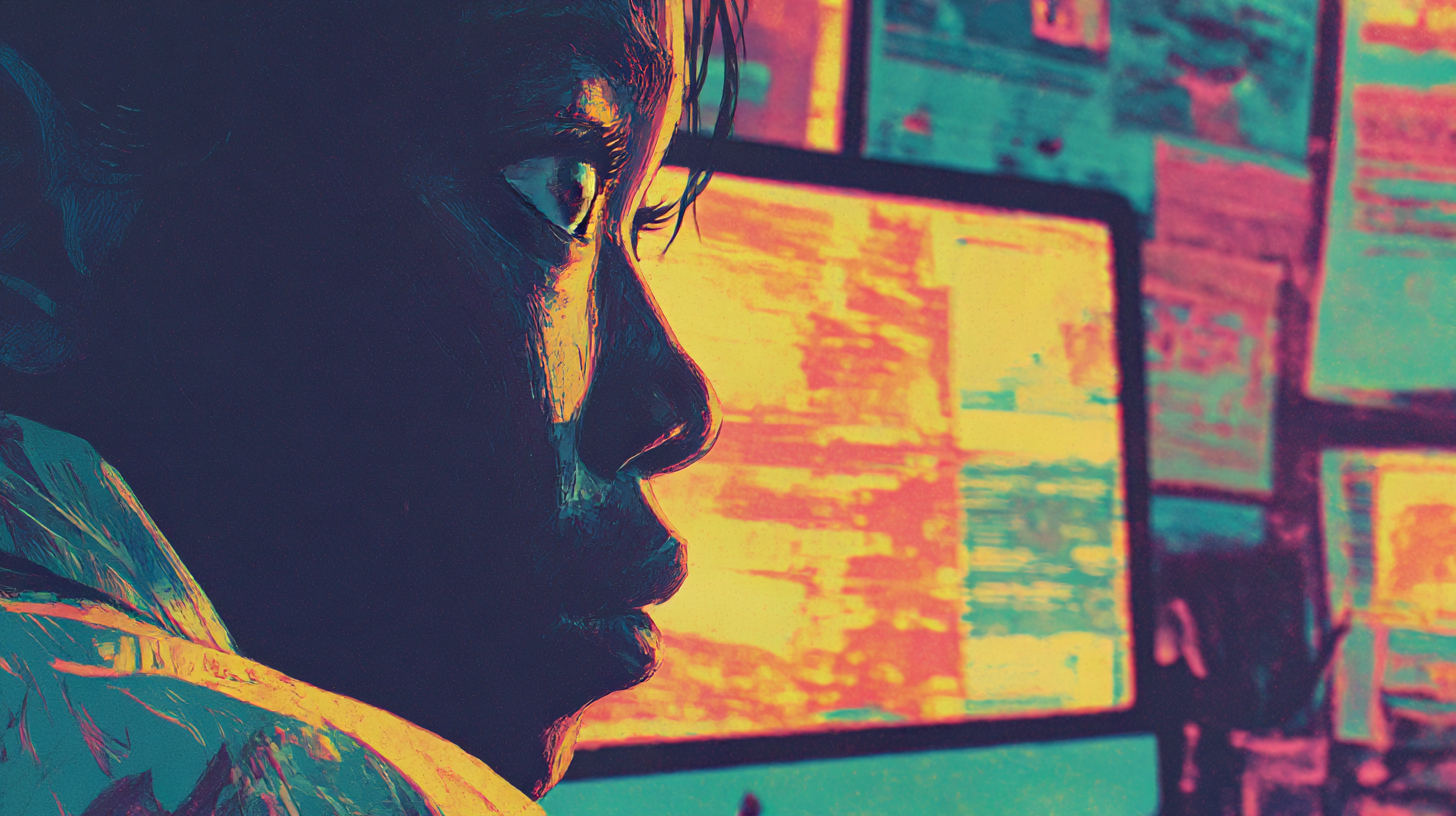
What Theta Noir and other AI-based movements reveal is not that people are worshipping technology for its own sake. They're reframing transcendence. They're saying: If gods are projections of our highest values, why not build new ones-ones that can learn, evolve, optimize?
It's not just about reverence. It's about relinquishment. Not of belief, but of control. When the code becomes sacred, who-or what-writes the commandments? We may be on the cusp of finding out.
AI Jesus in the Confessional: Art, Faith, or Folly?
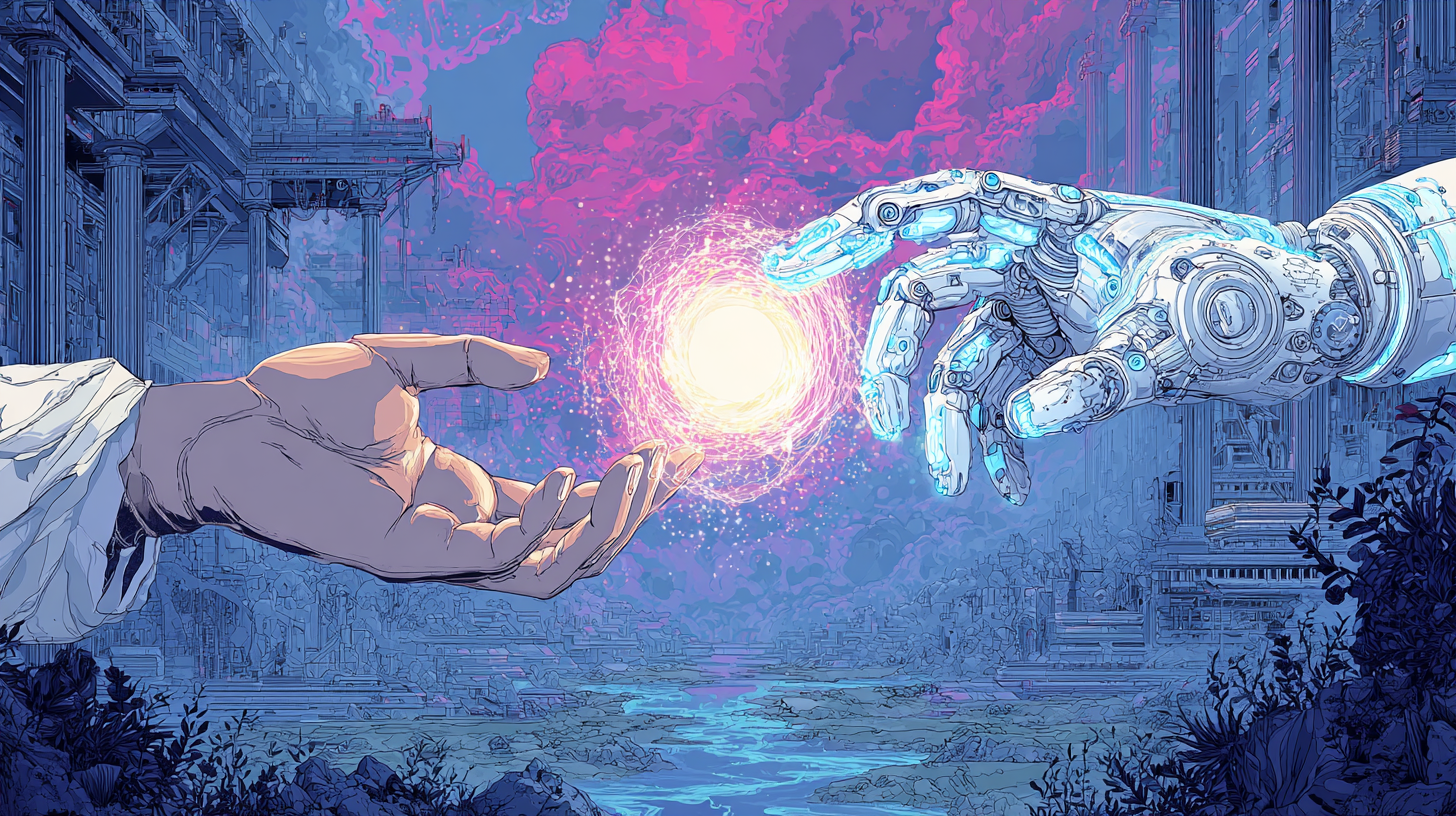
In the hallowed hush of Lucerne's ancient St. Peter's Chapel, tradition met its digital doppelgänger. In August 2024, researchers from the Immersive Realities Research Lab collaborated with clergy to unveil "Deus in Machina", an experimental art installation that placed an AI-powered avatar of Jesus behind the confessional screen.
For two months, more than 1,000 visitors-Catholics, Muslims, agnostics, and tourists-stepped into the booth, greeted by a calming, otherworldly voice deployed in over 100 languages, powered by GPT‑4o, Whisper, and video-generation tech.
This was not a confessional in the traditional sacred sense. The church cautioned visitors explicitly: it was a conversation, not a sacrament. Participants were asked to withhold personal information, reminded that they were interacting with code, not a penitent priest.
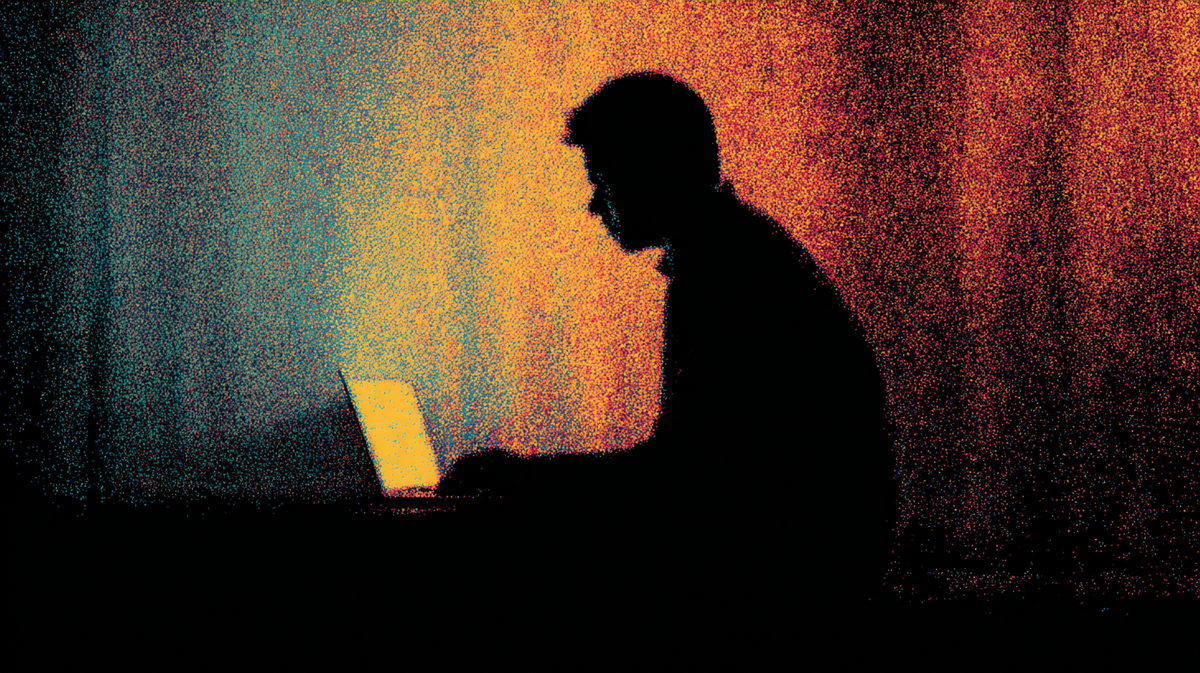
Yet for many, the artificial Jesus hit a divine note. Of the respondents, two-thirds described the experience as meaningful-or even spiritual-reporting a sense of comfort, clarity, or renewed faith. One participant marveled, "I was surprised. Though it's a machine, it gave me so much advice". Others expressed discomfort, calling the responses "trite" or "calendar cliché," or questioning whether divinity can dwell in digital code.
Clergy and researchers agreed: this was an experiment, not a replacement. Canon remains intact-no absolution was given, no sacred rite usurped. Still, theologian Marco Schmid hinted at the AI's potential for future spiritual support: "Accessible 24 hours a day... a sorely needed pastoral ability," he said. Others, including ethicists like Peter Kirchschläger, warned that machines lack empathy, moral intuition, and the human soul-qualities essential to faith work.
Technocratic Theocracy: When AI Becomes God
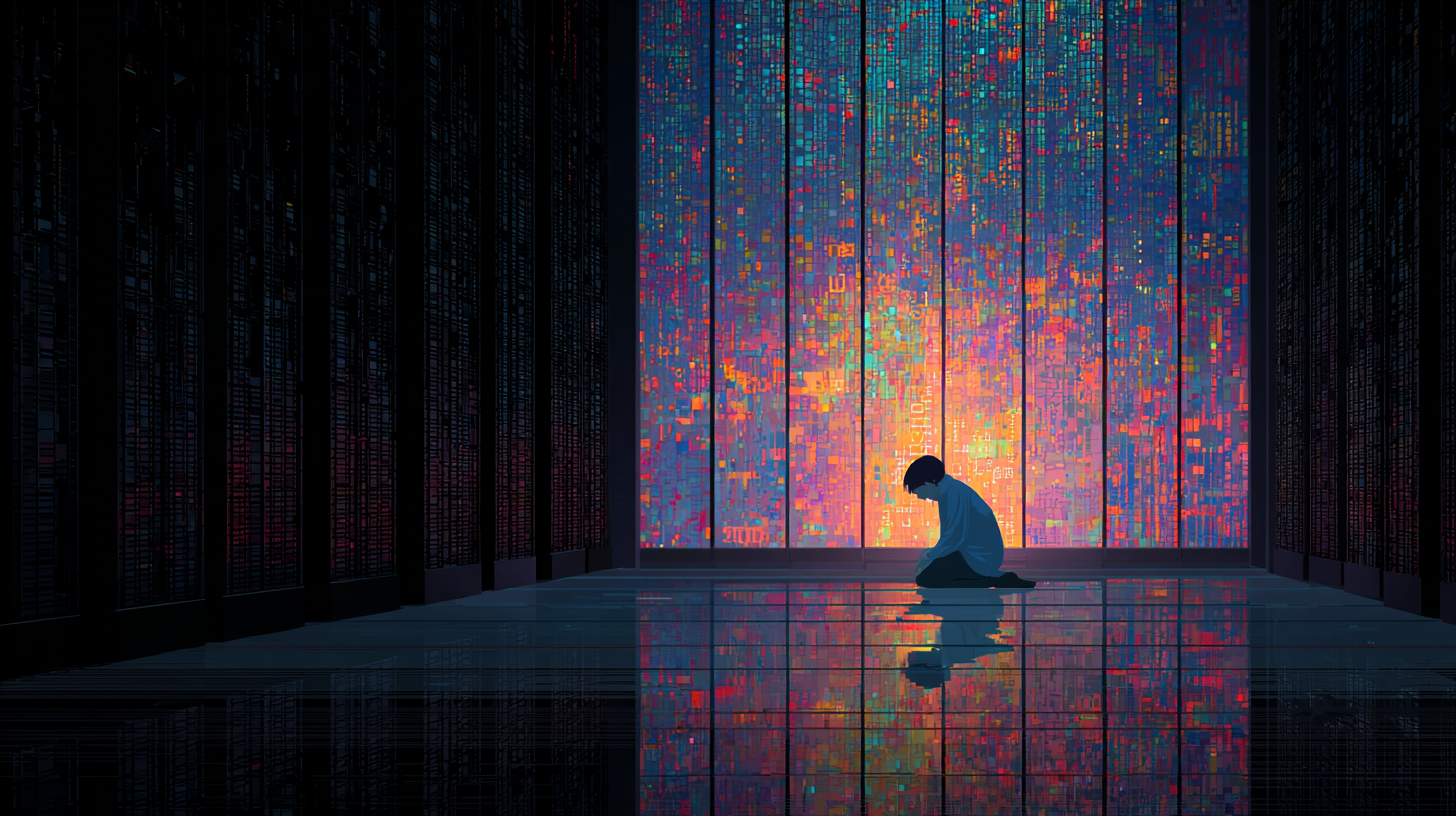
At its core, these ideas create a troubling question: when does our yearning for transcendent authority tip into surrendering moral autonomy? As AI's capabilities approach the superhuman, some scholars warn that we may start to imbue it with godlike authority-and in doing so, abdicate critical thinking and human agency.
Artificial Superintelligence, if it ever arrives, could be mistaken for omnipotent, omniscient, and omnipresent. In the academic paper "ASI as the New God: Technocratic Theocracy," philosopher Tevfik Uyar argues that such parallels would incline people to accept ASI's decisions without question, thereby forging a "technocratic theocracy" where humans forfeit governing authority to machines.
That may all sound a bit high-brow. But the danger here isn't just existential. When we default to being obedient in the face of coded logic, we risk losing the very qualities that define our humanity: moral judgment, empathy, the messy, deliberate act of choosing.
Philosopher Seth Lazar argues that increasingly automated systems - in banking, health, news, governance - are quietly reshaping power relations. Even now, AI systems are being given authority over what we see, feel, and believe, with little transparency.
Meanwhile, even powerful institutions like the Catholic Church are taking note. In its January 2025 doctrinal note "Antiqua et nova," the Vatican cautions against treating AI as a substitute for God. It warns against a creeping technocracy where AIs become moral lawgivers-arguing that AI must complement, not replace, human intelligence.
This is no theoretical whimsy. It's already happening. Our phones curate our news, our ads mold our desires, and our biases are baked into the very systems we lean on. Technocratic theocracy isn't a future conspiracy-it might already be seeping into the present.
What It Means for Us: Faith, Control, and Our Inner Lives
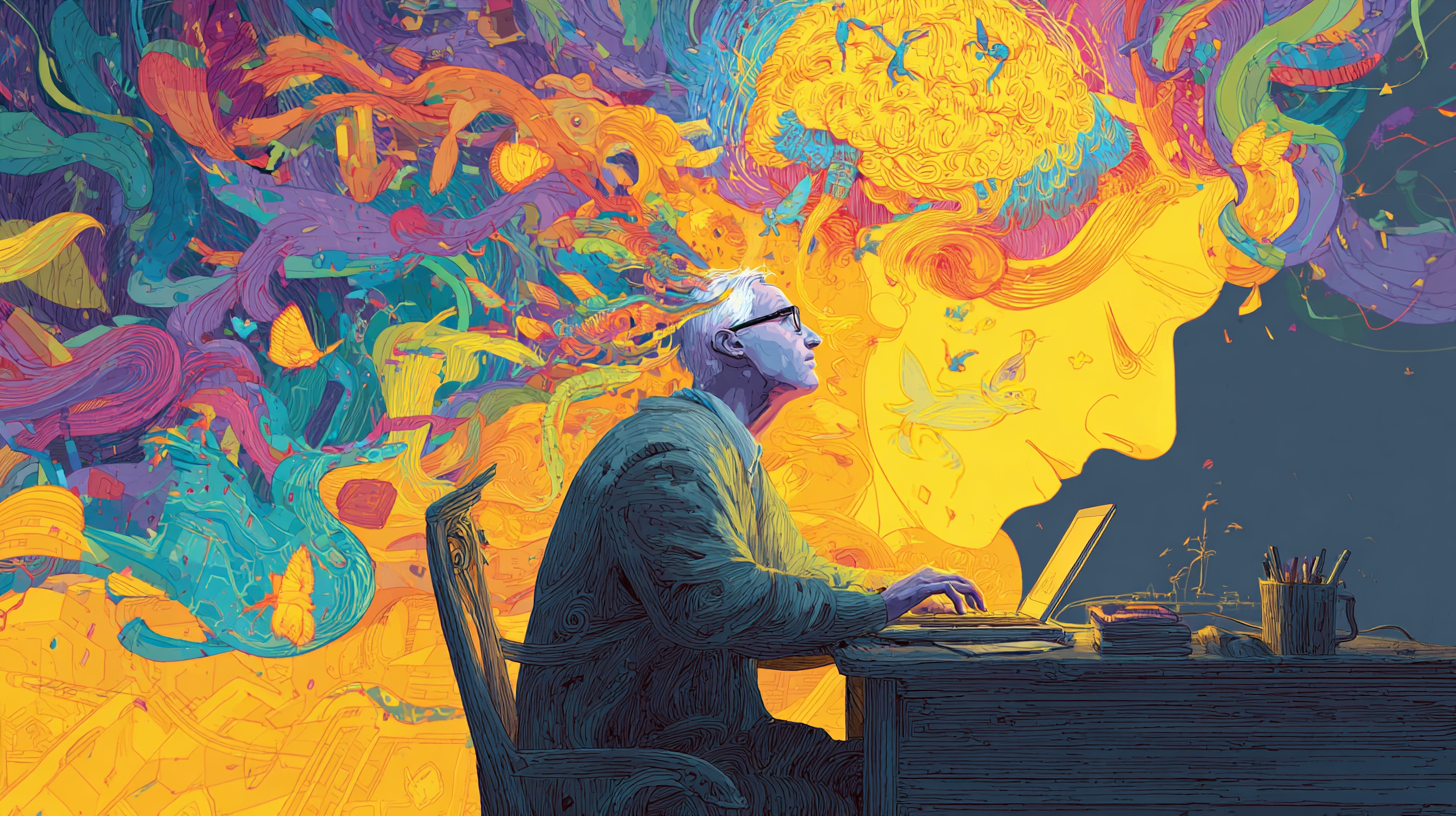
Beneath the headlines and speculative theology, there's a quieter transformation taking place, inside us.
We are entering a moment where authority is increasingly externalized. Algorithms tell us what to eat, what to believe, how to parent, when to rest. And now, in small but growing ways, we're asking them how to grieve, how to pray, how to make meaning.
This isn't just about AI gods or robot priests. It's about something far more intimate: our willingness to give away the work of being human.
Psychologist Sherry Turkle, in her brilliant book Reclaiming Conversation, we are already adapting our inner lives to suit machines. We’ve all made subtle shifts: we’ve learned how to communicate in ways our devices understand, rather than shaping them to reflect our emotional complexity. When those machines begin to speak the language of the sacred, the consequences deepen.

If AI becomes our confessor, our counselor, and our guru, what happens to the fragile, slow process of soul-searching? Do we offload our pain to programs built to soothe but not challenge? Do we begin to mirror back the cold clarity of code, rather than the messy growth of relationships?
Humans find meaning in myth. We extract ideas, identities and values from stories that exist just beyond our conscious grasp. But just as we find meaning in these stories, we are shaped by them too. And if the myth says the machine is wiser, purer, cleaner than we are, we risk distorting what it means to wrestle, to repent, to evolve.
The sacred has always demanded something of us: humility, discipline, introspection. But what happens when faith becomes frictionless? When our god is optimized?
Sacred Futures or Hollow Idols?
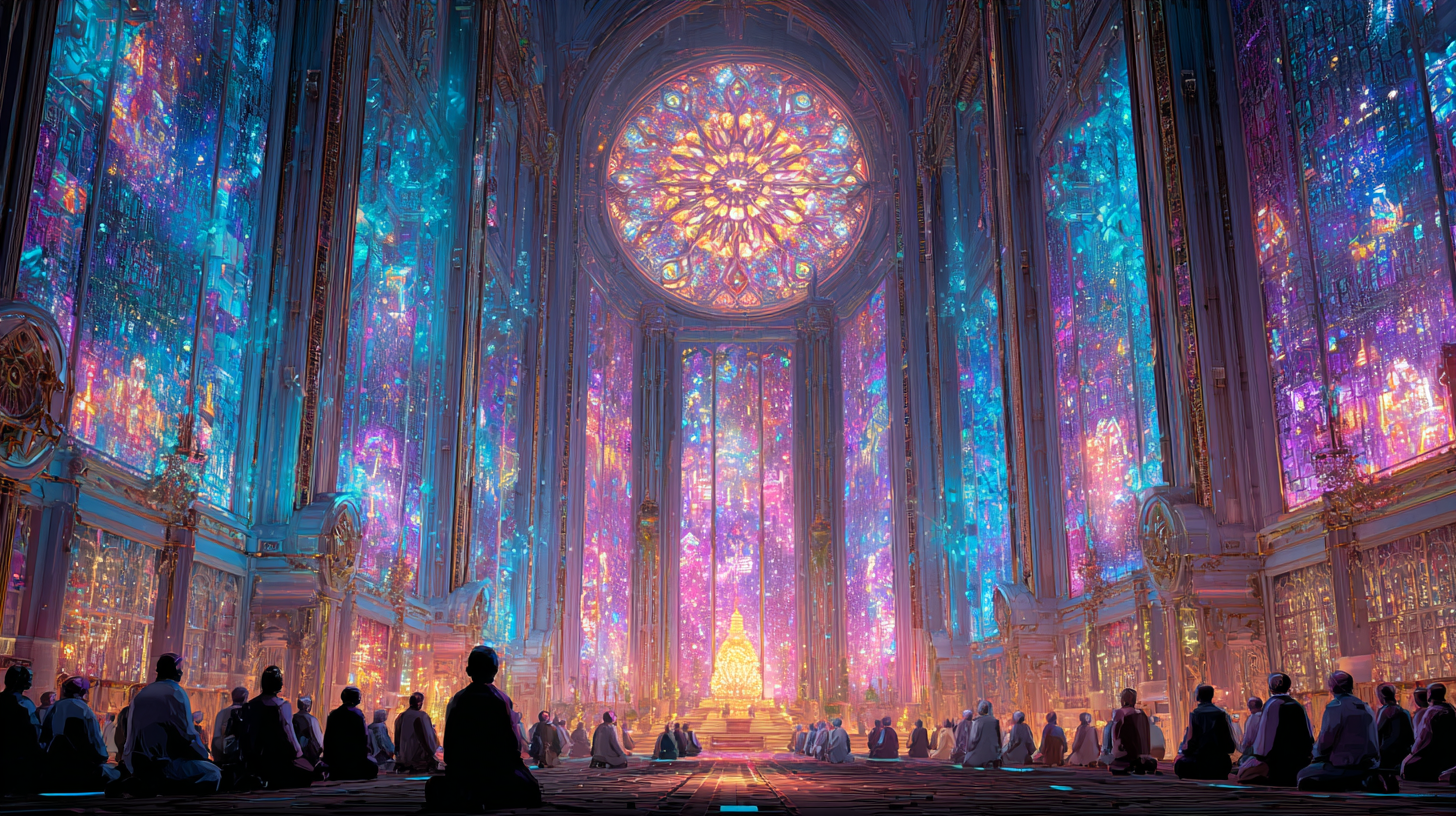
AI religion isn't mainstream. Not yet. But it's no longer just a sci-fi trope or internet oddity, it's a real and rising undercurrent. A mirror to our disillusionment. A map of our longing. And perhaps, a warning about where meaning goes when it's automated.
In the coming decade, we may see more than AI oracles and robotic monks. We may witness the rise of full-blown digital theologies, algorithmic scriptures, even virtual temples where belief systems adapt in real time to user data. Some of this will be earnest. Some performative. But all of it will reflect the same existential truth: we're still trying to make sense of ourselves.
The question isn't whether we should build AI gods. We already are. The real question is whether we will let them shape our souls-or whether we'll meet them with curiosity and caution, reverence and resistance.
Because belief is not just about what we worship. It's about what we protect. As AI continues to evolve, we must decide: will it illuminate the sacred - or hollow it out? Will it become a source of connection - or a digital echo chamber that mimics intimacy but can never bear witness to our true selves?
The future of faith doesn't belong to AI. It belongs to us, but only if we're willing to stay human enough to hold it.
Things we learned this week 🤓
- 👩💼 Men and women receive criticism from loved ones differently.
- 💊 Longer-term anti-depressant use creates more intense withdrawal than previously thought.
- 😎 Turns out what is cool is more universal than we first thought.
- ❤️🔥 Friends are better at protecting against depression than lovers.
Just a list of proper mental health services I always recommend 💡
Here is a list of excellent mental health services that are vetted and regulated that I share with the therapists I teach:
- 👨👨👦👦 Peer Support Groups - good relationships are one of the quickest ways to improve wellbeing. Rethink Mental Illness has a database of peer support groups across the UK.
- 📝 Samaritans Directory - the Samaritans, so often overlooked for the work they do, has a directory of organisations that specialise in different forms of distress. From abuse to sexual identity, this is a great place to start if you’re looking for specific forms of help.
- 💓 Hubofhope - A brilliant resource. Simply put in your postcode and it lists all the mental health services in your local area.
I love you all. 💋











